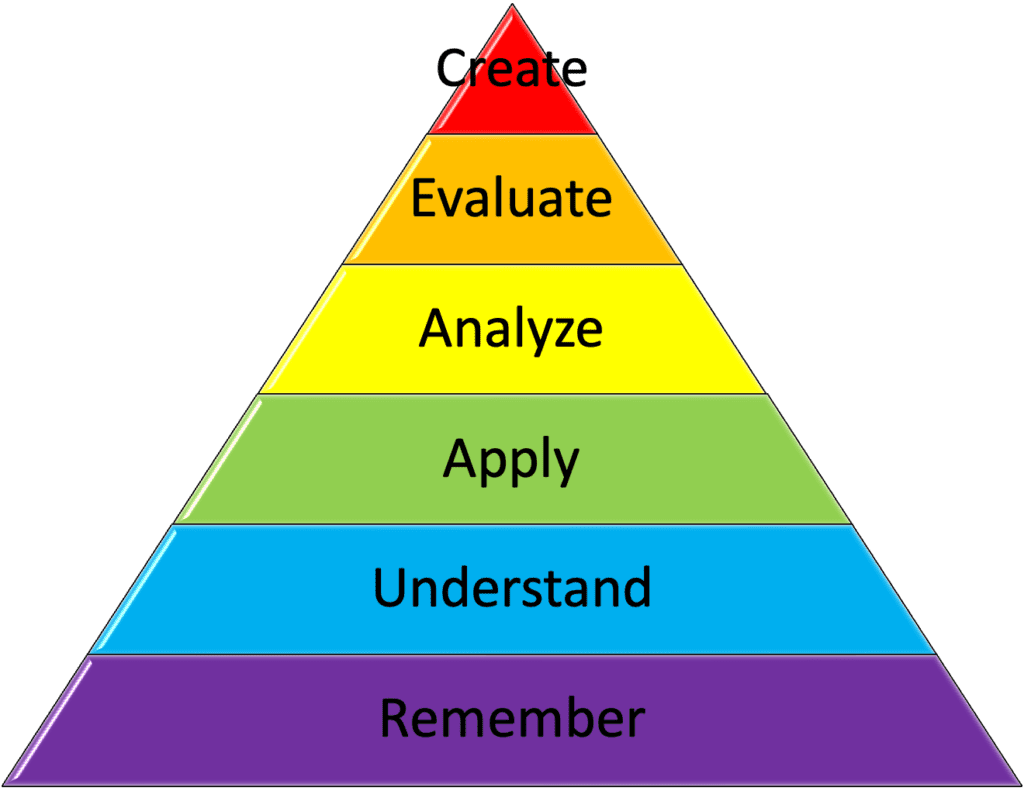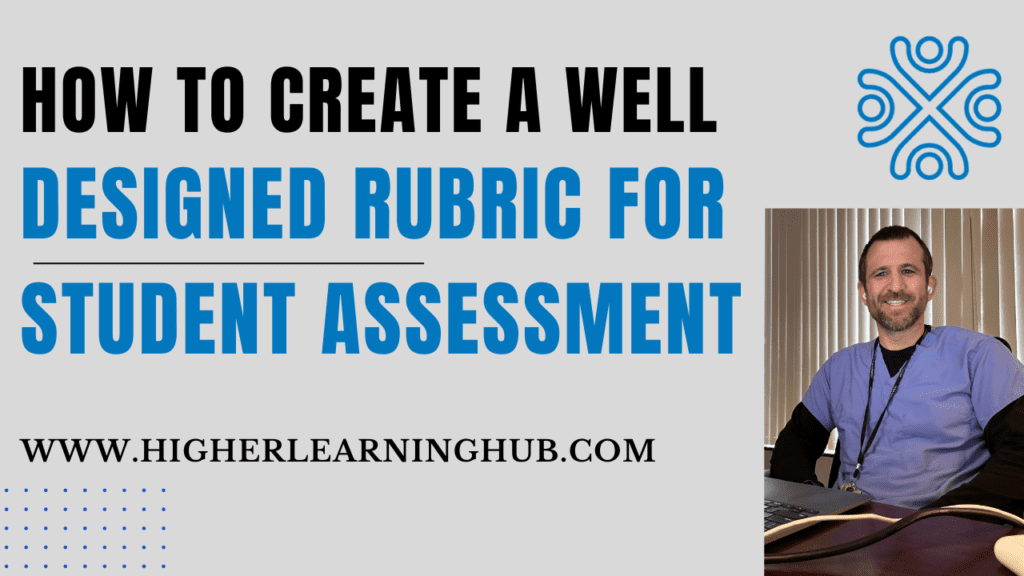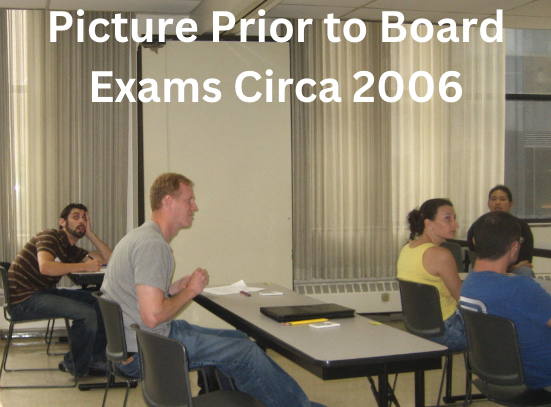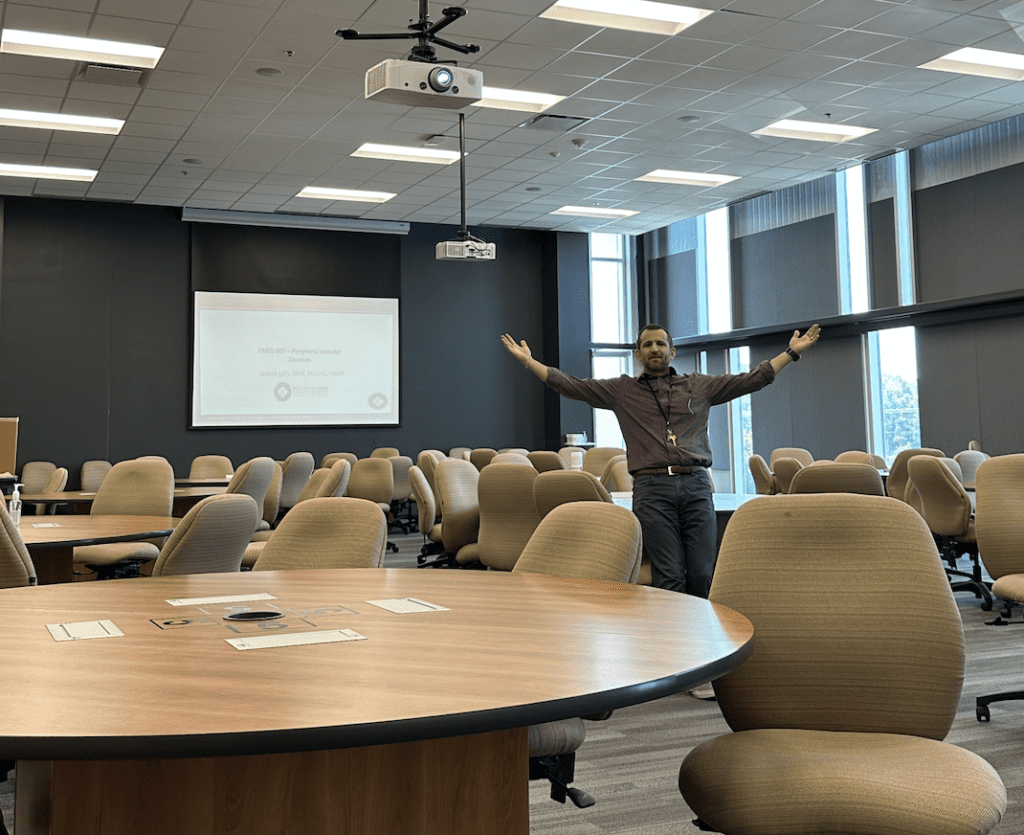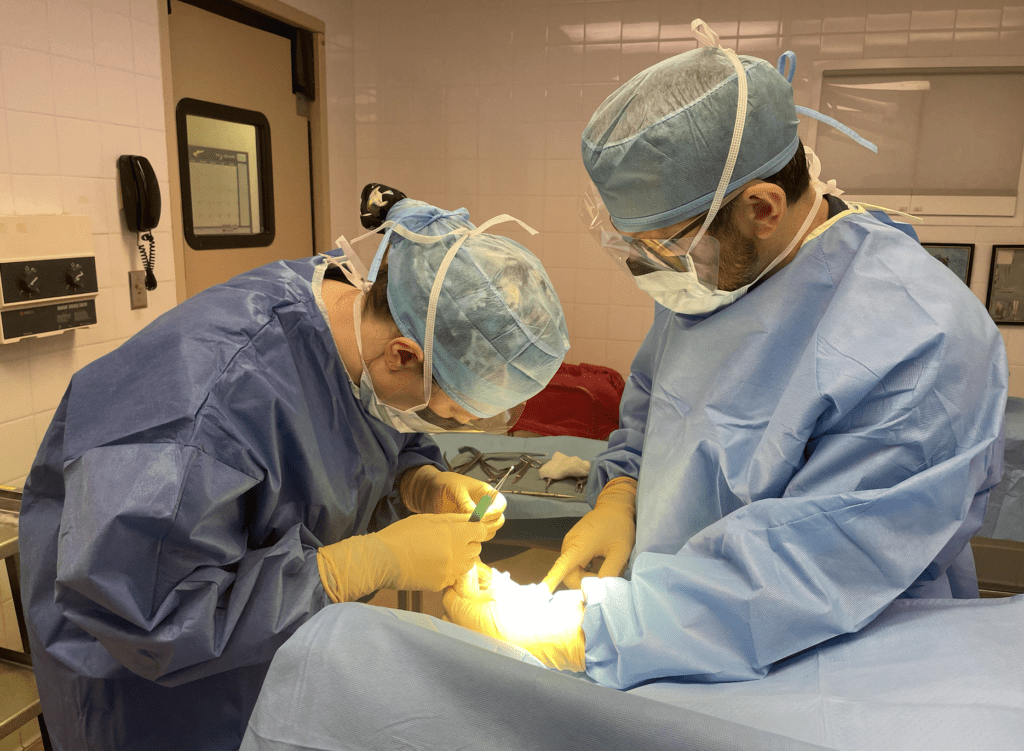Embarking on the journey to become a medical professional is an exciting and challenging endeavor. One pivotal step in this process is the medical school interview day, where candidates not only respond to inquiries but also have the opportunity to pose specific questions to faculty members. Here are 10 essential questions to ask during a medical school interview:
1. Curriculum and Learning Environment:
-
- How is the curriculum structured, and what opportunities exist for hands-on clinical experience?
-
- Can you describe the relationship between current students and faculty, and how accessible are professors for mentorship?
2. Clinical Rotations and Residency Placement:
-
- What types of rotations are available during the clinical years, and how does the school support students in securing diverse clinical experiences?
-
- Can you provide information on the school’s track record for residency placement and support during the Match process?
3. Research Opportunities:
-
- How does the school encourage and facilitate student involvement in research projects?
-
- Are there specific research centers or initiatives that students can participate in?
4. Support Systems:
-
- What academic support services are available to students who may need additional assistance?
-
- How does the school address the mental health and well-being of its students?
5. Diversity and Inclusion:
-
- How does the medical school promote diversity and inclusion within its student body?
-
- Are there specific programs or initiatives to support underrepresented minorities in medicine?
6. Community Involvement and Service Learning:
-
- What opportunities exist for students to engage with the local community and contribute through community service?
-
- How does the school encourage a sense of social responsibility among its students?
7. Global Health Initiatives:
-
- Does the medical school offer opportunities for international experiences or global health outreach?
-
- How are students prepared to address healthcare disparities on a global scale?
8. Technology and Innovation:
-
- How does the school integrate technology into its curriculum and medical practice/patient care?
-
- Are there opportunities for students to engage with cutting-edge medical technologies or participate in innovation initiatives?
9. Student Life and Extracurricular Activities:
-
- Can you describe the culture of the student body and the availability of extracurricular activities?
-
- How does the school foster a sense of community among its students?
10. Post-Graduation Support:
-
- What resources and support are available to graduate students as they transition to residency or other career paths within the medical field?
-
- Can you share the success stories of alumni and how the school continues to support their professional development?
The Interview Process


A typical medical school interview process is a multifaceted encounter designed to assess a candidate’s suitability for the demanding and rewarding field of medicine. The setting is often formal, taking place in an interview room or office, with one or more faculty members or medical professionals leading the session. The interview panel aims to delve beyond the information presented in the application, seeking insight into the applicant’s character, motivations, and interpersonal skills.
Types of Interview Questions and The Format of the Interview
Interviewer questions may cover a wide range of topics, including personal experiences, medical ethics, and the candidate’s understanding of healthcare issues. In addition to traditional one-on-one interviews, some medical schools incorporate multiple mini-interview (MMI) formats, where a prospective medical student will rotate through various stations, each presenting a unique scenario or question. This comprehensive evaluation process enables the school to gauge not only the candidate’s academic prowess but also get a better understanding of their communication abilities, empathy, and capacity for ethical decision-making, all crucial qualities in the realm of medicine.
Post-Interview Considerations
After a medical school interview, the candidate must express genuine interest and curiosity about the institution. The candidate should take the opportunity to ask questions to the admissions committee. It’s advisable to prepare a few thoughtful inquiries beforehand, demonstrating a comprehensive understanding of the medical school’s offerings. For instance, questions regarding the curriculum structure, opportunities for clinical experience, and support systems available for students showcase a genuine desire to understand the school’s environment.
The Importance of Diversity and Inclusion
Additionally, inquiring about the institution’s approach to diversity, inclusion, and community engagement can highlight the candidate’s commitment to contributing meaningfully to the medical community (with a focus on underserved communities). Timing and tact are key, and the candidate should engage in the questions-and-answers session with respect, gratitude, and a keen eagerness to learn more about the institution’s unique qualities and values.
Common med school interview questions include the following:
1. Tell me about yourself. This open-ended question is often used to assess your communication skills and provide a concise yet comprehensive overview of your background, experiences, and motivations for pursuing a career in medicine. It also allows the admissions officers a great opportunity to obtain a better sense of your personality, determination, and grit.
2. Why do you want to become a doctor? This question delves into your motivations and passion for entering the medical profession. It’s an opportunity to articulate your personal and professional reasons for choosing a career in medicine and how your experiences have shaped this decision.
3. How do you handle stress or pressure? Medical school and the practice of medicine come with high levels of stress, long hours, and pressure. Interviewers want to gauge your ability to cope with challenging situations, so be prepared to provide specific examples of how you have managed stress in the past and how you plan to handle it in a medical school environment.
4. Describe a challenging situation you faced and how you overcame it. This behavioral question assesses your problem-solving skills, resilience, and ability to learn from difficult experiences. Use the Situation, Task, Action, and Result (STAR) method to structure your response, providing a detailed account of the situation, the task at hand, the actions you took, and the positive results achieved. This is an opportunity to turn a potentially negative situation into a positive one.
5. What do you consider to be the most significant issues in healthcare today? This question is the best way to evaluate your awareness of current healthcare issues, your critical thinking skills, and your ability to engage with broader topics in the field. Be prepared to discuss current healthcare challenges and potential solutions, showcasing your understanding of the complexities within the healthcare system.
Strategies To Help Prepare You For Your Interview
To stand out from other medical school applicants during your interview, it’s essential to convey a unique and compelling narrative that goes beyond academic achievements. Begin by showcasing your genuine passion for medicine, and sharing personal anecdotes or experiences that have shaped your commitment to the field. Emphasize your distinctive qualities and strengths, such as resilience, adaptability, and empathy, by illustrating them through real-life examples.
Connect Your Past With Future Aspirations
Additionally, connect your past experiences, whether in research, volunteering, or clinical settings, to your future aspirations as a healthcare professional. Demonstrate a clear understanding of the challenges and opportunities within health care, and express how you plan to contribute to the field. Moreover, highlight any special skills, interests, or perspectives that set you apart (as stated in your personal statement), reinforcing the notion that you bring a unique perspective and a valuable contribution to the medical community. Lastly, maintain a professional and engaging demeanor throughout the interview, showcasing effective communication skills and a genuine enthusiasm for both learning and patient care.
Conclusion:
Asking thoughtful questions during a medical school interview is not only an opportunity to gather essential information but also a chance to demonstrate your enthusiasm and commitment to the profession. Choose questions that align with your personal values and goals, and use the interview as a two-way conversation to ensure that the medical school you select is the best fit for your educational journey. Remember, the interview is not just about being accepted; it’s about finding the right place to nurture your growth as a future healthcare professional.


Leland Jaffe DPM, FACFAS
Associate Professor at Rosalind Franklin University of Medicine and Science Since 2015
Associate Dean - Scholl College of Podiatric Medicine
Board Certified by the American College of Foot and Ankle Surgeons and American Board of Wound Management
North Chicago, Illinois


